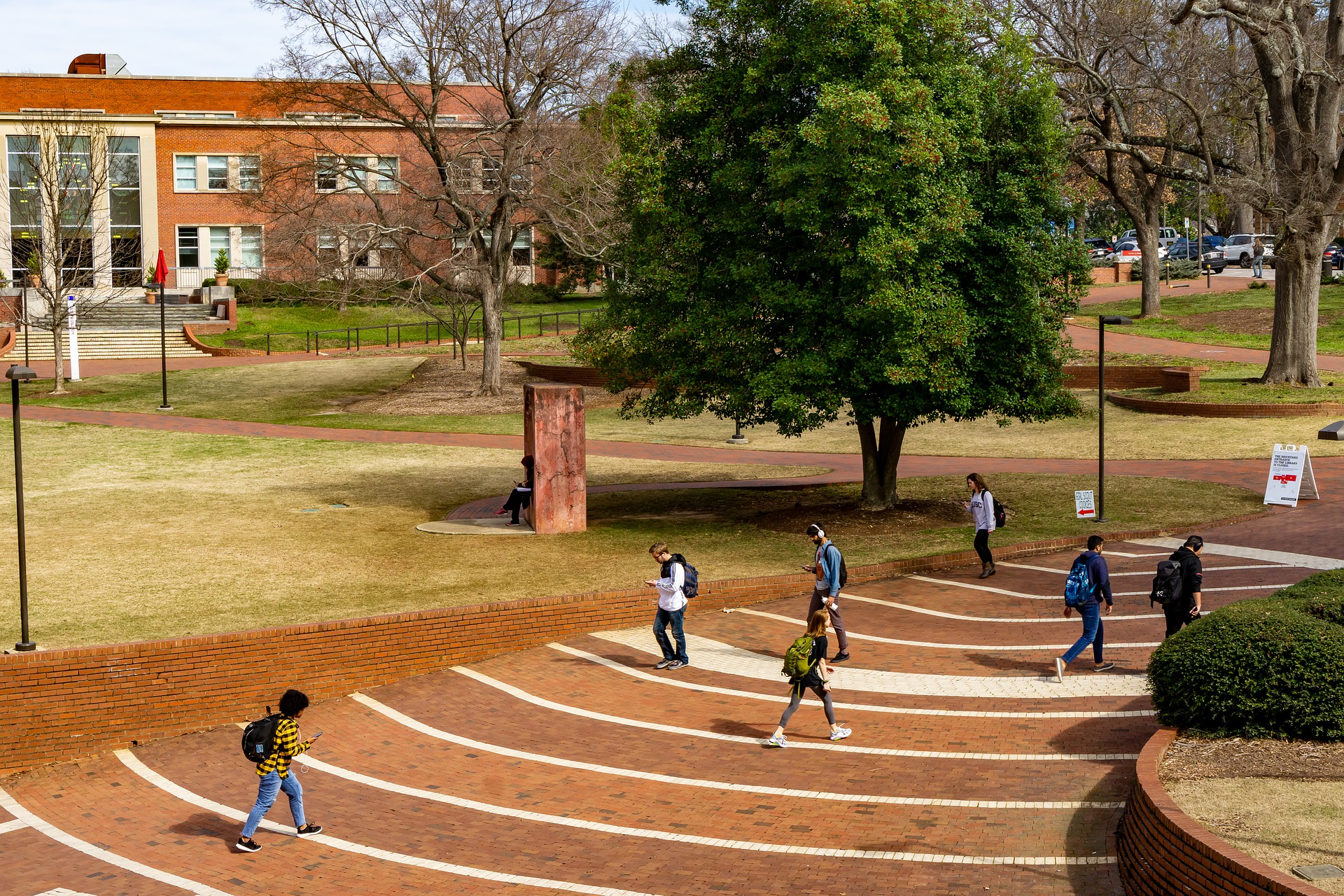We all have a responsibility to be safe, and as students, you need to take this responsibility a little more seriously. Despite being one of the most lacking groups in society, students remain a very popular target for crimes like burglary, theft, robbery, sexual assault, stalking, and others. This is because they are seen as a vulnerable bunch and are less likely to report such events.
As a college student, it is your responsibility to speak up and be vocal about crimes, but even more than that, you have to always be aware and alert in every surrounding you find yourself. Update yourself on detailed essays about law and crimes, watch documentaries, speak to other students about safety, do all you can to not be a victim. Due to how paramount the issue of students’ safety is, you would not need to buy essay articles or pay for this knowledge. Instead, you will find these free essay samples on all internet platforms.
It is possible to leave campus without a record of being a victim, but much is required of you to do this. Experts have spoken on the steps to take to avoid crime traps, and in this article, we have rounded up all the important tips below:
How Students Are At Risk
In a bid to save a few cents, some of these kids end up in subpar apartments that pay no particular attention to safety and security. The landlords are neither licensed nor attentive to the basic needs they might have. Due to this lack, these houses are susceptible to burglaries, theft, armed robberies, and various crimes.
Besides their subpar accommodations, university students are also at risk of pickpocketing, sexual assault, and mugging. Reports have shown that of the one-third who were victims of crimes, over two-thirds of these incidents were not reported. Perpetrators of these crimes are aware that students hardly report them, so they see them as risk-free victims.
Aside from physical crimes, school kids are also vulnerable to online atrocities. Identify theft, hacking, cyberbullying, and so on. They do almost everything on the internet these days, and each activity requires permissions and cookies, which might lead to a breach of personal information. Some students even use public WiFi for assignments without knowing how easy it is to track addresses and information on public WiFi.
Just being a student puts you at risk of so many kinds of crimes, and here are a few crime prevention tips, according to experts:
Ways To Increase Your Physical Safety
- Be aware of your surroundings at all times
- Invest in pepper spray, a stun gun, and other things to protect yourself
- Walk-in groups
- Don’t have your earphones plugged in when walking; always stay alert
- Avoid walking in parks or subways after dark
- Trust your instincts at all times
- Keep your smartphones stowed away in public to avoid snatching or robbery
- If you suspect you’re being followed, go into an open store. Do not go home.
- Invest in security systems and alarms
- Be street-smart
- Keep your doors locked when you’re home alone
- Do not accept rides from strangers or casual acquaintances
- Do not wear or carry anything around campus that has your address, name, or other personal information
- Do not open your door until the caller has been properly identified
Ways To Increase Your Digital Safety
Don’t Share Personal Information On Public WiFi
Although browsing on public WiFi is now safer than it used to be, there are still some risks. Man-in-the-middle attacks might not be as trivial, but malicious contents can still be sent to you, and you might eventually find yourself on an “HTTP” site with no protection. When using public WiFis, be sure to use a VPN and ensure every link is related to the WiFi host.
Set Strong Passwords
No matter what you’re protecting, always make sure to use a strong password, including capital letters, small letters, numbers, and characters. Avoid using easy guesses like your names, pet names, date of birth, or other common words.
Keep Personal Information Private
It is very rare for companies or business institutions to ask for your private information online in this modern era. Any transaction that requires the provision of your SSN, account numbers, PINS, and credit card numbers should be treated with extreme caution.
If It Is Too Good To Be True, It Probably Is
With the added security on the internet these days, people with malicious intent have to go the extra mile in hacking a device. However, they have created what appears to be a seamless method by which unsuspecting victims willingly fall into these traps themselves. They create malware links and send them out to users; once you click on this, your internet identity has been compromised. As students, you should avoid clicking on any suspicious links. If the offer appears too good to be true, it probably is. There is no point in clicking it to find out.
Conclusion
The importance of safety cannot be overemphasized, and educational institutions should do more in making this a serious case. Students should be tasked with reading and writing essay articles related to this subject, and more talk shows should be planned where law and crime professionals are called to speak on this for the betterment of students’ safety and security.














